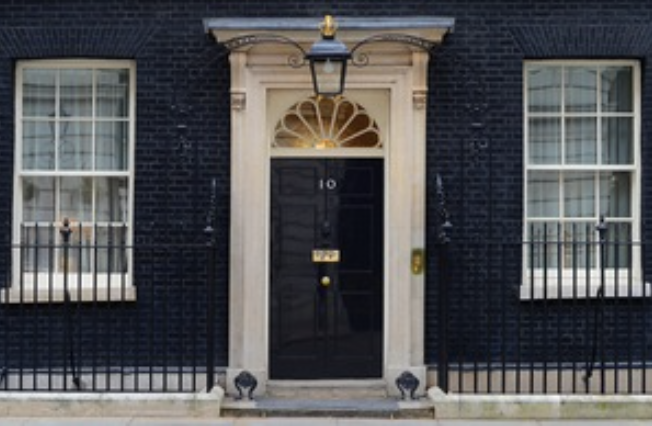The government may consider “crowd-pleasing” inheritance tax reforms to boost their chances of winning the next election but it would have a sharp impact on Treasury coffers, says Quilter.
There has been speculation that the Government may look to cut inheritance tax as an election manifesto pledge, with more people being caught by inheritance tax as a result of rising house prices and the nil rate band remaining frozen at £325,000 until April 2028.
Rachael Griffin, tax and financial planning expert at Quilter, said: “The ever-increasing tax revenue from IHT presents a conundrum for the government as we approach election season.
“Rumours are already rife regarding potential crowd-pleasing policy changes the government might enact to improve their chances of winning the next election. Some reports suggest inheritance tax may be ripe for reform but considering it is becoming a powerful revenue generator, this government might find the prospect of lowering one of Britain’s most hated taxes a bitter pill to swallow. However, on the other hand it is likely to drum up support.”
The government raked in £7.1 billion in IHT receipts between April 2022 and March 2023, up £1 billion year-on-year, according to new data from HM Revenue and Customs. Forecasts published by the Office for Budget Responsibility in March revealed that the government is now expected to raise £45 billion in inheritance tax receipts between 2022/23 and 2027/28, a rise from the £42.1 billion previously forecast.
Griffin added: “Historically IHT was viewed as a tax only for the very wealthy. However, with house prices remaining at such elevated levels while both the nil rate band and residence nil rate band are frozen until 2028, many families that might not consider themselves to be wealthy could find themselves facing an unexpected IHT bill.
“With unwelcome IHT bills rapidly becoming more commonplace, seeking professional financial advice is all the more important. IHT is a complex area of financial planning, particularly when it comes to the rules and restrictions of certain aspects such as the residence nil rate band.”
Andrew Tully, technical director at Canada Life echoed the sentiment. He commented: “IHT is no longer a tax only on the wealthiest estates. As these record figures show, IHT has now become a mainstream tax on ordinary people, largely due to house price increases.”
Tully urged people to “put their finances in order” to ensure that they are passing on their wealth to their beneficiaries as tax efficiently as possible.
“Simple things such as setting up a trust, making use of gift allowances, and using your pension to cascade wealth very tax efficiently, can all help manage the value of your estate for IHT purposes,” he added.
Stephen Lowe, group communication director at Just Group, said: “There seems to be no limit to the Treasury’s appetite for Inheritance Tax and given receipts for this financial year have already surpassed upgraded estimates, it looks set to be the goose that lays golden eggs for some time yet.
“It’s important that people regularly assess the value of their estates, including an up-to-date valuation of any owned property.”





























